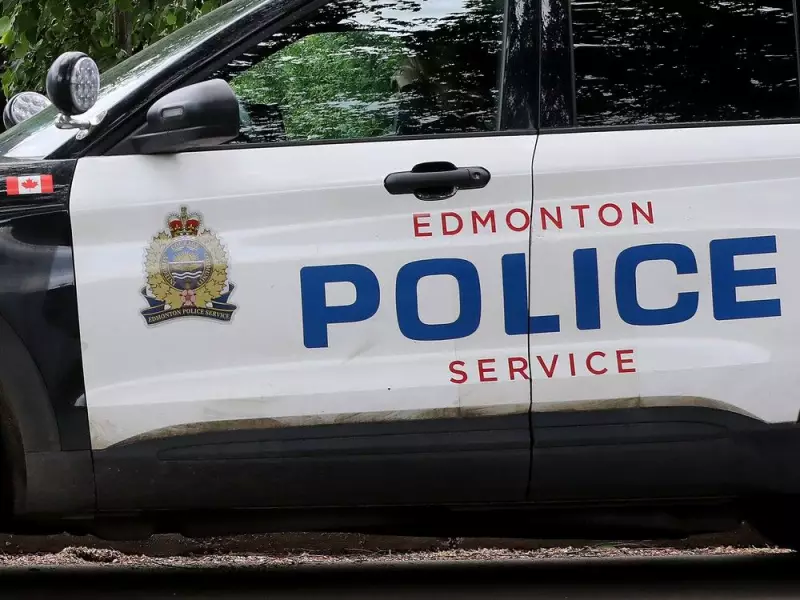
The long-awaited report on Edmonton Police Service oversight has finally landed, sparking intense debate among community advocates, legal experts, and law enforcement professionals alike. As Alberta grapples with questions of police accountability, this comprehensive analysis examines whether the proposed changes represent meaningful reform or merely cosmetic adjustments.
The Core Recommendations: What's Actually Changing?
At the heart of the report lies a fundamental restructuring of how complaints against police officers are handled. The proposed system would shift certain investigative responsibilities away from the police service itself, creating more independent oversight mechanisms. This represents a significant departure from current practices where internal investigations often face criticism for lacking transparency.
The new framework suggests establishing clearer pathways for civilian involvement in the complaint process, potentially addressing long-standing concerns about police investigating themselves. However, questions remain about the actual power these civilian bodies will wield and whether they'll have genuine authority to effect change.
Community Reactions: Hope Meets Skepticism
Community organizations and advocacy groups have expressed cautious optimism about the proposed changes. Many see this as a step toward rebuilding trust between law enforcement and the communities they serve, particularly marginalized populations who have historically experienced strained relationships with police.
Yet significant concerns persist. Some advocates argue the report doesn't go far enough in addressing systemic issues within police culture. They point to what they see as missed opportunities for more radical reform, suggesting the recommendations may amount to rearranging deck chairs rather than addressing foundational problems.
The Police Perspective: Balancing Accountability and Operations
From within the Edmonton Police Service, reactions appear mixed. While leadership has publicly committed to improving transparency and accountability, rank-and-file officers express concerns about how new oversight mechanisms might affect their daily operations and morale.
Some law enforcement representatives worry that excessive oversight could hamper police effectiveness, creating bureaucratic hurdles that slow response times and investigative processes. Finding the right balance between accountability and operational efficiency remains a central challenge.
Academic Analysis: What the Experts Are Saying
Criminologists and legal scholars have begun dissecting the report's implications for police governance nationwide. Many note that while Edmonton's approach shows promise, it falls short of models used in other jurisdictions with more robust independent oversight systems.
The academic community particularly emphasizes the importance of implementation details still to be determined. As one expert noted, "The devil is in the details, and many crucial elements regarding funding, authority, and enforcement mechanisms remain undefined."
The Path Forward: Implementation Challenges Ahead
Turning these recommendations into reality presents numerous practical challenges. Funding the new oversight structures, training personnel, and establishing clear protocols will require significant resources and political will. The provincial government's commitment to implementing these changes remains uncertain, with budget constraints potentially limiting the scope of reform.
Additionally, the timeline for implementation raises questions about how quickly communities might see tangible improvements in police accountability. Some advocates worry that without firm deadlines and accountability measures for the implementation itself, the report could join other well-intentioned studies gathering dust on government shelves.
Broader Implications for Canadian Policing
Edmonton's experience with police oversight reform could set important precedents for other Canadian cities facing similar challenges. As municipalities across the country confront questions about police accountability, many are watching Alberta's capital to see whether this model proves effective.
The success or failure of these reforms may influence policing policy nationwide, potentially reshaping how Canadian communities approach the delicate balance between public safety and civil liberties.
As the debate continues, one thing remains clear: the conversation about police oversight in Edmonton is far from over. The coming months will reveal whether these proposed changes represent the transformative reform many hope for or merely incremental progress in the ongoing journey toward truly accountable policing.





